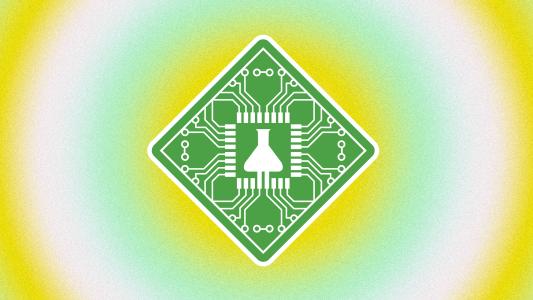Stanford University researchers have identified a new type of depression characterized by problems with cognition — and it’s particularly resistant to commonly prescribed antidepressants.
The discovery could make it easier for researchers and doctors to identify meds that will help patients, whatever their type of depression.
Depression 101: At any given time, about 5% of adults suffer from depression, experiencing prolonged feelings of sadness, often with no discernible cause.
The good news is that most people with depression can find relief through medications. The bad news is that there are a lot of antidepressants, each acting on the brain in a slightly different way.
“I regularly witness the suffering, the loss of hope, and the increase in suicidality that occurs when people are going through our trial-and-error process.”
Laura Hack
Because doctors usually have no way of knowing which antidepressant will work best for a particular patient, they typically start by prescribing something that tends to help many people, such as Lexapro. If that doesn’t work, after some weeks, they may prescribe something else. This process takes time, and patients might even go through medications that make their symptoms worse.
“I regularly witness the suffering, the loss of hope, and the increase in suicidality that occurs when people are going through our trial-and-error process,” said lead author Laura Hack. “And it’s because we start with medications that have the same mechanism of action for everyone with depression, even though depression is quite heterogeneous.”
The idea: If a doctor knew that their patient had a specific type of depression, they might have a better shot at prescribing them the right medication the first time, so the Stanford team launched a study looking for commonalities among more than 700 people with unmedicated depression.
During the study, the participants were divided into three groups, with members of each group receiving a common antidepressant for 8 weeks: escitalopram (brand name Lexapro), sertraline (Zoloft), or venlafaxine-XR (Effexor).
Before and after starting the meds, everyone went through cognitive testing and had their depression symptoms scored on self-assessments and clinician-administered surveys. At the start of the study, nearly 100 of the participants also completed a cognitive task while having their brains scanned.
The overall remission rate for the cognitive biotype was 9% lower than the rest of the group.
The results: The researchers discovered that 27% of the participants with depression also had significant symptoms linked to cognition — issues with focusing, planning, self-control, etc. — as well as decreased activity in a part of the brain known as the “cognitive control circuit.”
They’ve labeled this profile the “cognitive biotype,” and when they looked at how people with this type of depression responded to meds, they found that they were less likely to go into remission (meaning their score went below the threshold for clinical depression).
For the cognitive biotype, the overall remission rate was about 39% compared to about 48% for the rest of the study participants.
Looking ahead: The researchers are hopeful their study could speed up the process of finding the right medications for people with depression. A newly diagnosed patient could complete a survey in their doctor’s office or on their computer, and brain scans might even be ordered for those whose answers suggest they might have the cognitive biotype.
“Bringing in these objective cognitive measures like imaging will make sure we’re not using the same treatment on every patient.”
Leanne Williams
If the hunch is confirmed with scans, doctors might skip over Zoloft and try prescribing an antidepressant known to work particularly well in people with the newly identified type of depression.
The Stanford team is already on the hunt for such a med, with guanfacine — a blood pressure-lowering medication, also used to treat ADHD — as a frontrunner since it acts on the part of the brain involved in the cognitive control circuit.
“One of the big challenges is to find a new way to address what is currently a trial-and-error process so that more people can get better sooner,” said senior author Leanne Williams. “Bringing in these objective cognitive measures like imaging will make sure we’re not using the same treatment on every patient.”
We’d love to hear from you! If you have a comment about this article or if you have a tip for a future Freethink story, please email us at [email protected].






